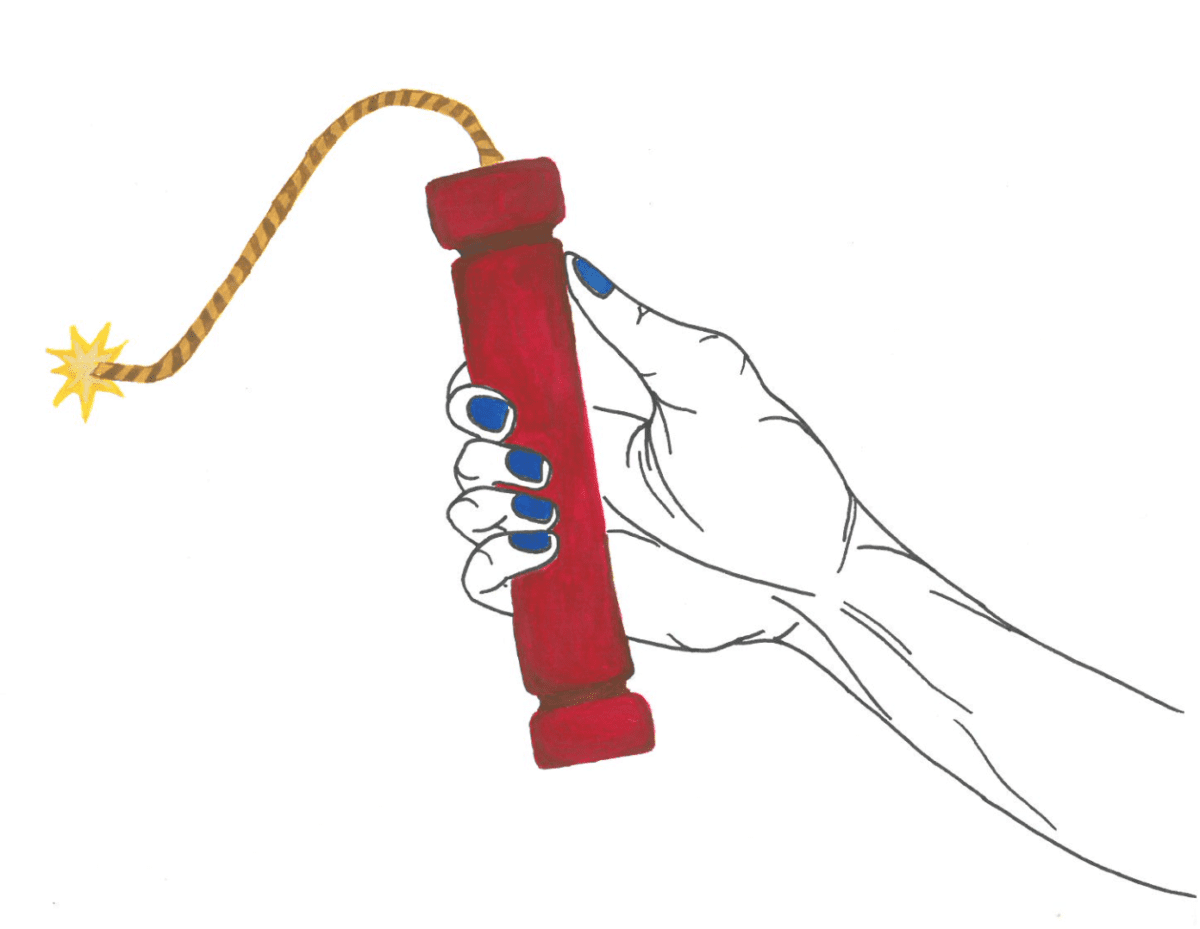For the first time in most university students’ lifetimes, Australia is in recession. But this is not an ordinary recession. It is a recession that I think will change our society for the better.
When we hear of the current state of the economy, the phrase “this is the worst recession since the Great Depression” is often used. So, what happened in the Great Depression and what did the economy look like after it?
Unemployment in 1929 reached up to 30 percent. The government of the United States responded to the depression in a way that is unimaginable now. Based upon the economic thinking of the time, the government pursued cuts of 20 percent to spending and 10 percent to wages in the name of ‘balancing the budget’. This was well intended but only worsened the economic environment.
Whilst the Great Depression was occurring, a Cambridge mathematician-turned-economist known as John Maynard Keynes wrote of a new way of approaching economic crises. Keynes thought that when the economy enters a recession, governments should spend more money than they earn, creating a budget deficit.
Keynes’ theory was not adopted in the Great Depression, but ten years later when another crisis shook the globe, World War II, his theories were welcomed by policy makers across the world. In Australia we pursued a policy that was known as Full Employment, where the government facilitated a job for anyone who was willing to work. There was massive stimulus to welfare, housing, electricity generation and manufacturing after the war. And this was all done based on Keynesian theories.
Fast forward to a decade ago when the Global Financial Crisis threatened the livelihoods of Australians. Our policy makers continued this near century-old Keynesian method. The Labor Government injected billions of dollars into the economy, saving Australia from recession whilst creating a budget deficit.
Since that deficit was created, it has been the mission of both sides of politics to ‘balance the budget’ and deliver a surplus. At the 2019 election, the Liberals based their campaign off delivering a surplus in 2020 whilst Labor promised an even bigger surplus than the Liberals.
However, no one could predict COVID-19. Instead of delivering the first surplus since 2008, this year the government is going to create the largest budget deficit in history. The deficit is predicted to be upwards of $200 billion whilst debt will exceed $1 trillion.
These are financial figures which are incomprehensible. And something is going to have to change in our management of the economy. Right now, I am taught in my economics major that governments should achieve a budget surplus and then pay down debt. Australia won’t achieve a budget surplus whilst I’m at university and it will take at least 20 years of budget surpluses to pay back the $1 trillion of debt. I will be nearing retirement before Australia can achieve what I’m told is ‘good economic management’.
So what needs to change? Like Keynes did in the 1930s, there are already economists now thinking of new ways to approach budget management. And whatever new approach is adopted, it needs to consider that budget deficits must be continued in the long run. The only way you can create a budget surplus, especially in the post-COVID economic environment, is if governments tax more than they spend. There are only two ways to achieve this:
- Spending stays the same whilst taxes are increased
- Spending is cut whilst taxes stay the same
When unemployment is above 10 percent and the economy is in the worst recession since the Great Depression, doing any of those two things in the name of a ‘balanced budget’ would only spiral us into a deeper recession. It is what occurred in the Great Depression and we’re still learning from it a century later. But we need to do more than just learn from the mistakes of the past. We need to respond to the issues that pervade our current economy.
Wage growth was stagnant even before the crisis. That needs to change. The workforce was increasingly casualised before the crisis. That needs to change. The climate was not at the forefront of economic policies before the crisis. That needs to change. And marginalised groups in society had not achieved economic equality before the crisis. That too needs to change.
When we can acknowledge that budget deficits are now going to be integral in our post-COVID economy, and when we acknowledge that there are systemic barriers in the economy, we can progress the economic management of Australia to a more inclusive economy that promotes sustainable growth.
This is the worst recession since the Great Depression. And this is a horrific economic environment to be living in. But it is also a moment which will change the future of our world. Let’s hope that change is for the better.
Think your name would look good in print? Woroni is always open for submissions. Email write@woroni.com.au with a pitch or draft. You can find more info on submitting here.
We acknowledge the Ngunnawal and Ngambri people, who are the Traditional Custodians of the land on which Woroni, Woroni Radio and Woroni TV are created, edited, published, printed and distributed. We pay our respects to Elders past and present. We acknowledge that the name Woroni was taken from the Wadi Wadi Nation without permission, and we are striving to do better for future reconciliation.
